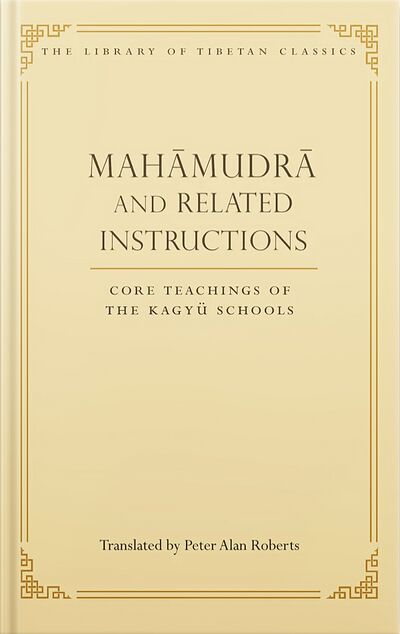| ***Selected topics: ''The way in which the Teacher appeared'', 402. ''The Buddha's teaching'', 408. ''The tantras in general'', 426. ''The lower tantras'', 447. ''Highest yoga tantra'', 460. ''Empowerment rites'', 467. ''Commitments and vows'', 492. ''The two stages in general'', 498. ''Generation stage'', 507. ''Completion stage'', 550. ''The yoga of channels, winds, and drops'', 555. ''The illusory body'', 565. ''The bardo and transference'', 572. ''Mahãmudrā'', 576. ''Union'', 582. ''Conduct that enhances the path'', 586. ''Results of practice'', 598. | | ***Selected topics: ''The way in which the Teacher appeared'', 402. ''The Buddha's teaching'', 408. ''The tantras in general'', 426. ''The lower tantras'', 447. ''Highest yoga tantra'', 460. ''Empowerment rites'', 467. ''Commitments and vows'', 492. ''The two stages in general'', 498. ''Generation stage'', 507. ''Completion stage'', 550. ''The yoga of channels, winds, and drops'', 555. ''The illusory body'', 565. ''The bardo and transference'', 572. ''Mahãmudrā'', 576. ''Union'', 582. ''Conduct that enhances the path'', 586. ''Results of practice'', 598. |



